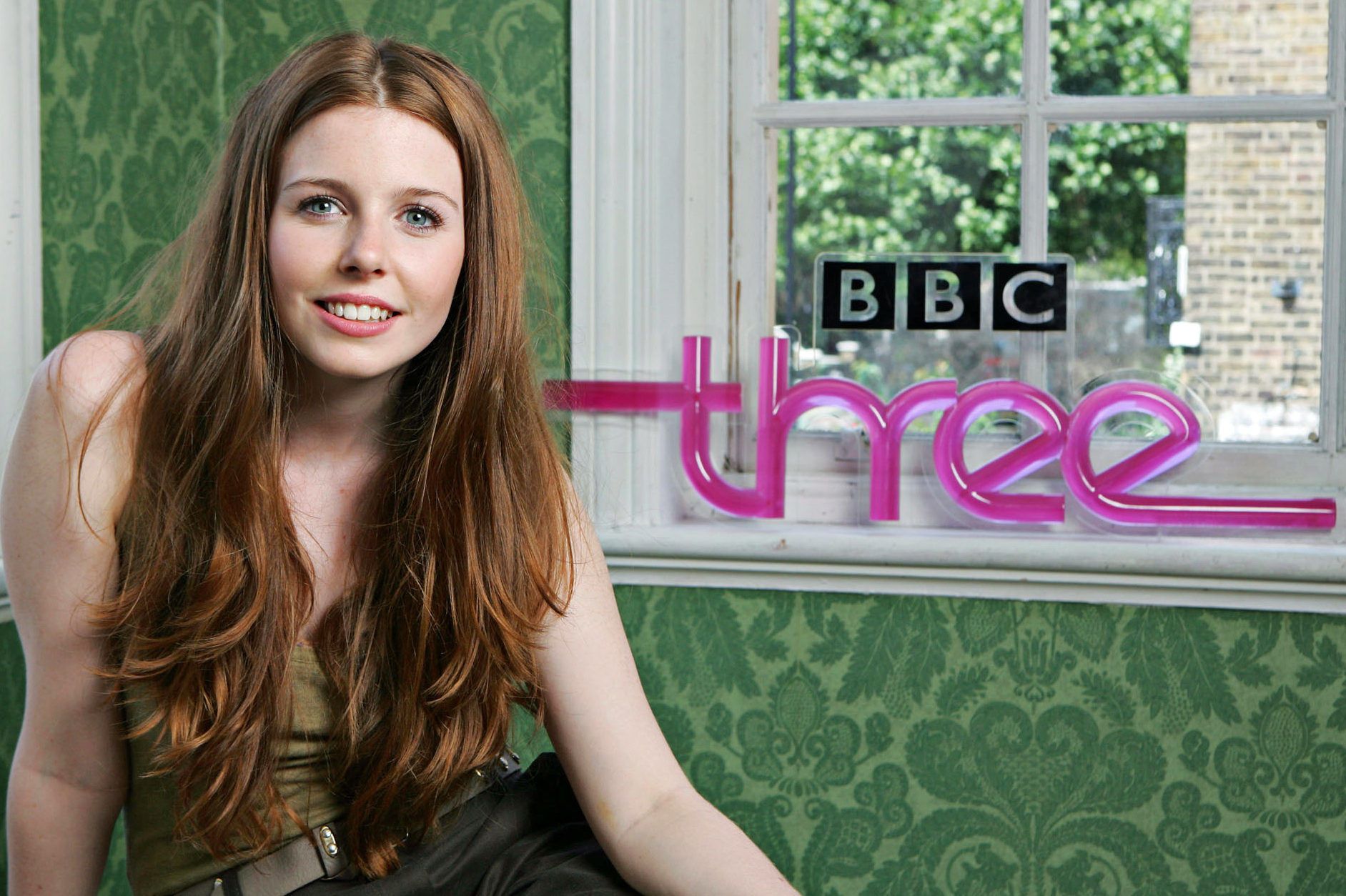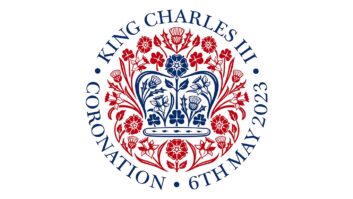
The BBC Trust has published its conclusions on BBC executive proposals, stating that BBC Three will move online; a +1 channel for BBC One will not be launched; proposed changes to BBC iPlayer will go ahead; and CBBC’s hours will be extended.
The Trust carried out a public value test which it says identifies long-term potential in making BBC Three an online-only service, including saving the corporation £30 million a year. The channel’s audience numbers are falling and, the Trust asserts, those aged 16 to 34 (the channels targeted audience) are far more likely than any other group to use online video services.
Rather than a sudden shift from broadcast TV to online, the Trust proposed a more managed transition including the possibility of running both services in parallel. It has also committed to more programmes on BBC One and Two that appeal to a younger audience, as well as using these channels to continue broadcasting long-form content currently shown on BBC Three.
New talent and ideas are often showcased on BBC Three and in order that this is not lost, the BBC Trust has pledged to maintain a space on broadcast TV where such risks can still be taken.
A BBC spokesperson commented: “We welcome the Trust’s provisional conclusion, which is the next step in delivering our vision for a new BBC Three. With a frozen licence fee and the BBC’s income cut by 26 per cent we have had to make some very difficult choices, however our plans will allow us to innovate with new ideas and new forms of content for younger audiences. We’ll now consider the areas the Trust have asked us to address and respond in due course.”
The BBC executive is to provide further information, including costs and a timetable for BBC Three’s move to an online-only service, by 28 July 2015.
The BBC Trust also stated that a proposed BBC One +1 channel has failed the public value test and should be rejected. Ofcom has judged that the launch of a +1 channel would have the greatest adverse market impact of any of the proposals, capturing viewing share for the BBC at the expense of commercial channels and reducing the profitability, in particular, of ITV and Channel 5.
Proposed developments to BBC iPlayer will go ahead, and the service will include more online-first and third party content. Ofcom identified the possibility that any future acceleration in consumers’ use of iPlayer for browsing and discovering content, rather than using it for catch-up viewing, could have a greater impact on commercial channels and on-demand providers. While this falls outside the current assessment, it is a point the Trust would need to consider, particularly if the BBC were to propose significant changes to iPlayer.
Finally, children’s channel CBBC’s broadcasting hours will be extended, dependent, for spectrum, on BBC Three moving online.
“We want a strong, sustainable BBC which is innovative, distinctive and relevant and has clear boundaries with the commercial market,” said BBC Trust chairman Rona Fairhead. “We have reached our provisional conclusions with this over-arching objective in mind.
“It is clear that the long-term future of broadcasting is online and the BBC needs to find new and exciting ways to help audiences make that transition, while bearing down on costs overall.
“We know young audiences are already moving towards the online future, but we do recognise that in the short term some of them will feel the immediate impact of the BBC Three proposals. We are therefore asking the BBC for commitments to ensure it uses the full range of its television services to better serve young people and others who make up BBC Three’s audience.”







